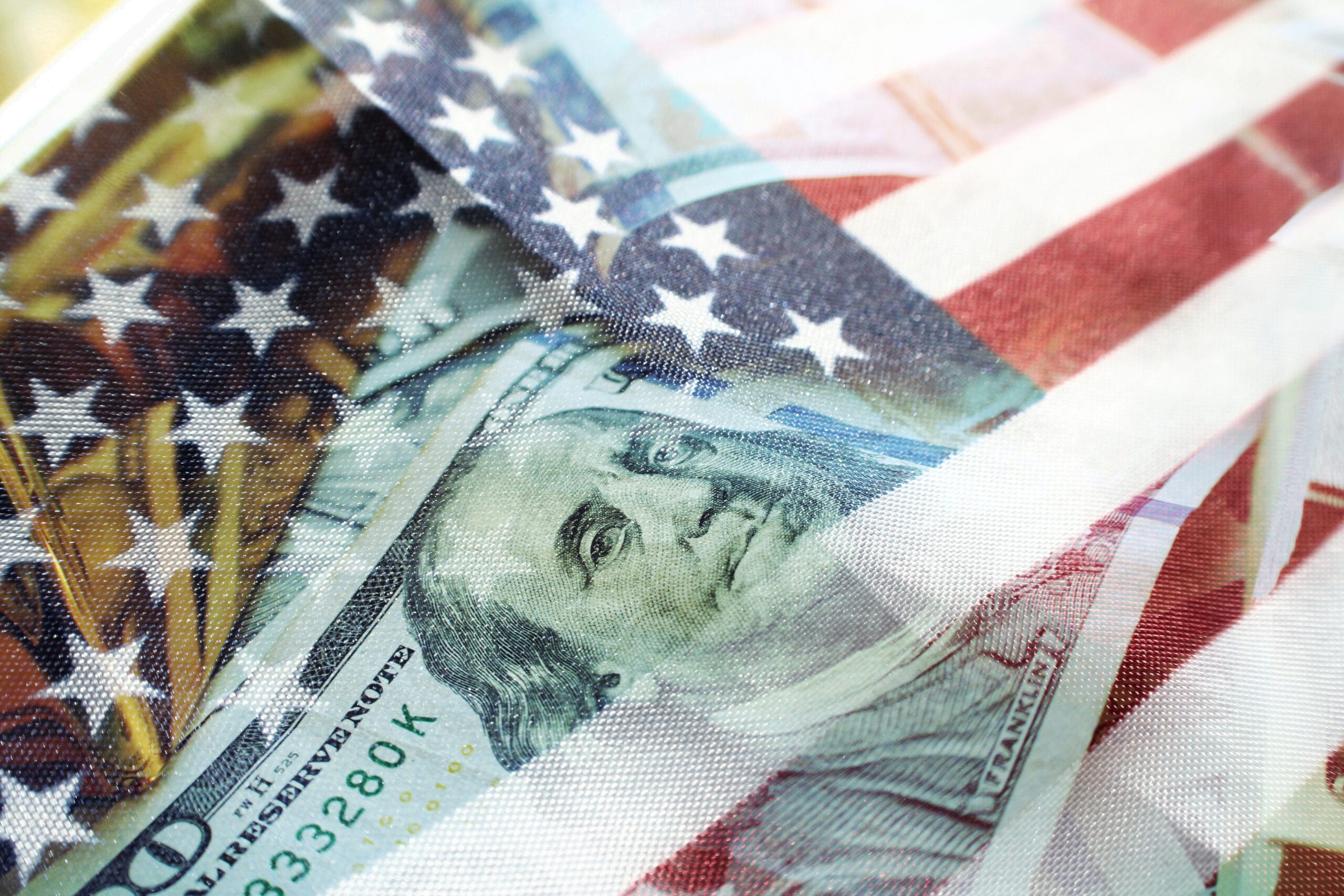The U.S. government is lurching precariously close to defaulting on the national debt. Unless Congress raises the federal borrowing limit early next month, the world economy could face a catastrophe.
I am hopeful that sanity will prevail, and that Congress will act in time. To make that happen, in my view, President Biden and his Democratic colleagues will need to approve at least some of the spending cuts that Republicans, in a surprise, passed through the House of Representatives.
The last time a Democratic president and a divided Congress negotiated a budget and debt-limit deal was in 2011 during Biden’s vice presidency. But this time, Republicans have the upper hand and the more acceptable policy position.
Why? The national debt is three times higher than it was in 2011 and Republicans have outmaneuvered Democrats in Congress by managing to pass a budget-cutting plan through the House.
Most people didn’t expect House Speaker McCarthy to lead his fellow Republicans to pass a budget proposal that lowered federal spending. The action has changed the conversation and given Republicans an upper hand at the negotiating table. What’s more – and here I reflect widespread views on Wall Street – deficit reduction is absolutely needed in the face of recent runaway spending. Most Americans also agree with this.
Polling shows that Americans are concerned about the national debt, with 57 percent of Americans citing reducing the budget deficit as a top priority this year.
The members of my association – the Structured Finance Association – represent hundreds of the country’s leading finance institutions, and they’re worried. If Democrats maintain their insistence on a clean debt ceiling increase, with no policy concessions or spending cuts, the consequences could be severe.
It’s hard to see how the White House can manage even a temporary debt-ceiling increase without at least a promise of some spending reductions. That’s probably what will happen, and the nation and the economy will be better for it.


